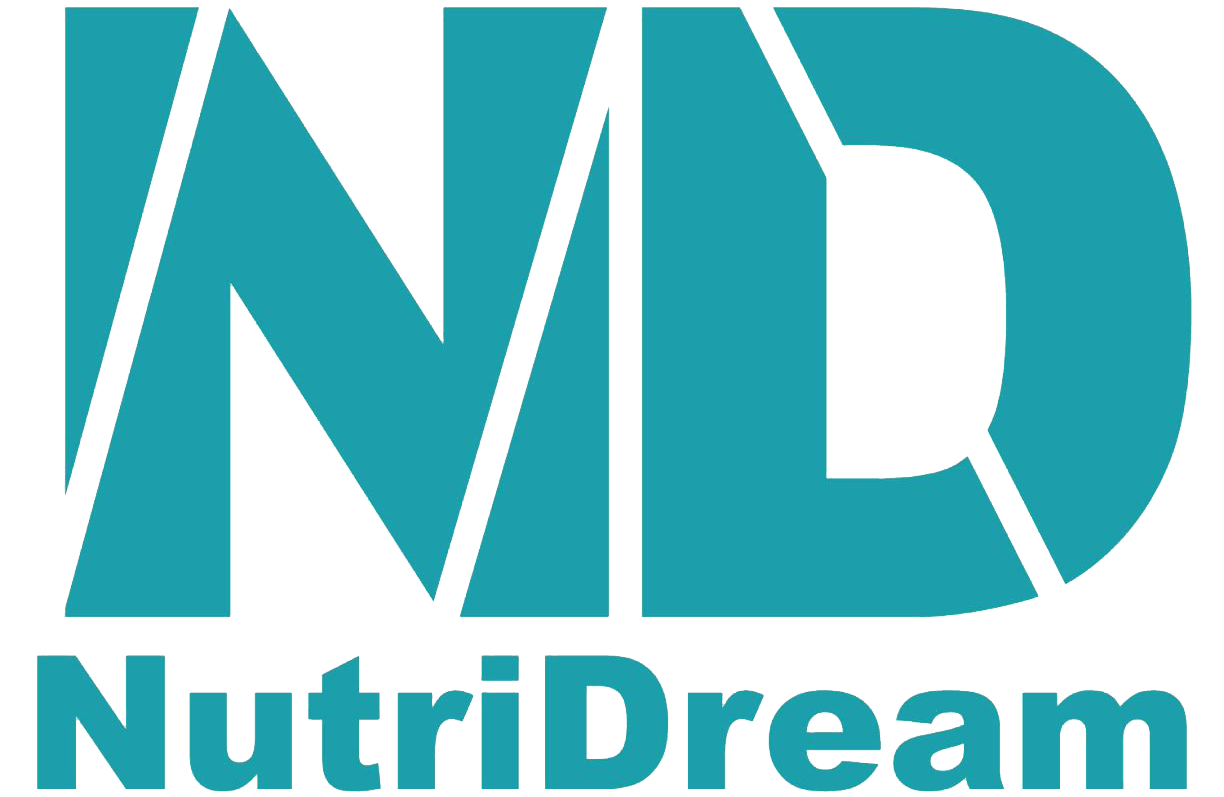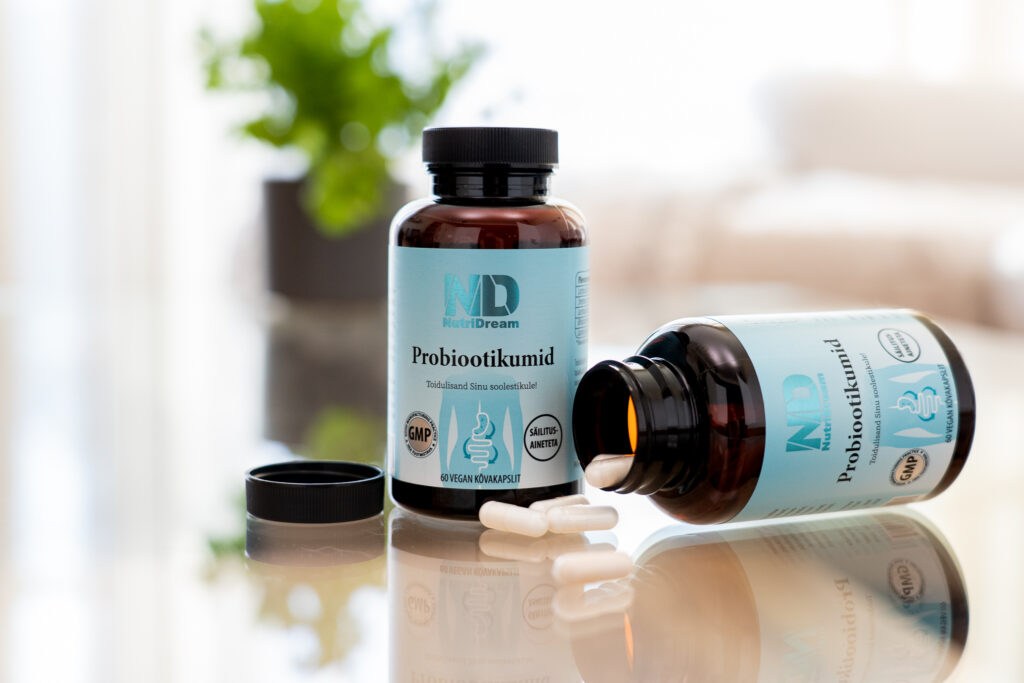Important cornerstones of the immune system

Important cornerstones of the immune system
The main function of our immune system is to protect the body from viruses and bacteria that are present in the external environment. An innate immune response is a fever that denatures foreign proteins in our body. However, the lifelong immune system is responsible for producing antibodies, helping to kill pathogens. In order for all processes in the body to work, it is necessary to monitor how we feed our body. In addition to a healthy and balanced diet (including nutrient-rich foods), adequate physical activity, water intake, sleep and leisure are also important. This is the lower level of the food pyramid on which everything else is based.
Healthy food choices, a balanced diet and a variety of food groups allow us to eat everything but in the right amount. No food group should be left out of the menu without a reason. For example, it is not necessary to give up gluten without a medical reason. With any restriction for non-medical reasons, we inevitably narrow down our choices and thereby interfere with the normal functioning of the body. Allergy is also one of the body’s reactions to show sensitivity to an irritant. There are allergies from which one grows out. However, some allergies develop over a lifetime and some of them pass when you start eating a varied diet again. Our body is a wholesome machine that requires versatile and nutritious fuel.
What does nutritious food mean? Garlic and ginger are familiar to everyone in terms of immunity, but less is known about the effects of omega-3 and -6 fatty acids. These are important structural components of our cell membranes. At the molecular level, the structure of the smallest unit in our body, the cell, depends on fatty acids and other nutrients, thus affecting the functioning of our entire body. Protein intake is also important here (0.8-1.5 g / kg is normal). When we compare proteins of plant and animal origin, the latter have a higher bio-value, therefore our body absorbs them better. For example, eggs contain all the essential amino acids that our bodies do not produce themselves, but that are needed for various functions to work.














